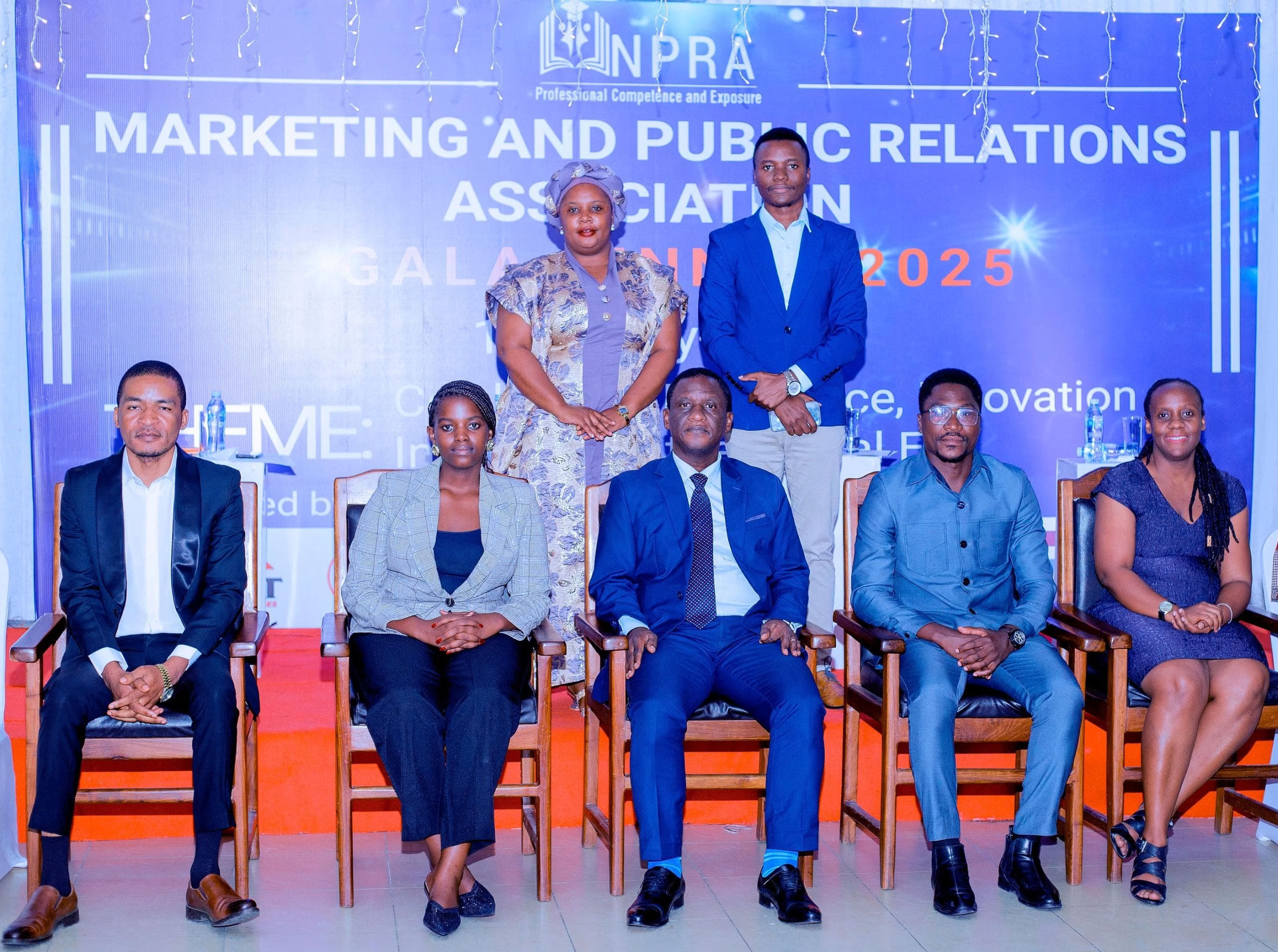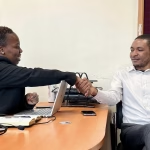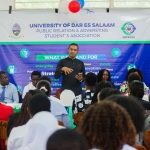The Public Relations and Communication industry in Tanzania is experiencing significant growth, with a rising number of institutions offering specialized training in the field. Universities such as St. Augustine University of Tanzania, University of Dar es Salaam, National Institute of Transport, Tanzania Institute of Accountancy, Tumaini University Dar es Salaam College, University of Dodoma, and the Institute of Accountancy Arusha are leading the way by equipping students with the knowledge and tools necessary to thrive in the modern communications landscape.
Complementing academic instruction is the growing presence of student-led professional associations. These organizations, SSPRA (St. Augustine University), UDPRASA (University of Dar es Salaam), NPRA (National Institute of Transport), MPRA (Tanzania Institute of Accountancy), and UDOPRESA (University of Dodoma), serve as critical platforms for professional development. Several other institutions are in the process of establishing similar bodies, further strengthening the bridge between academia and the professional world.
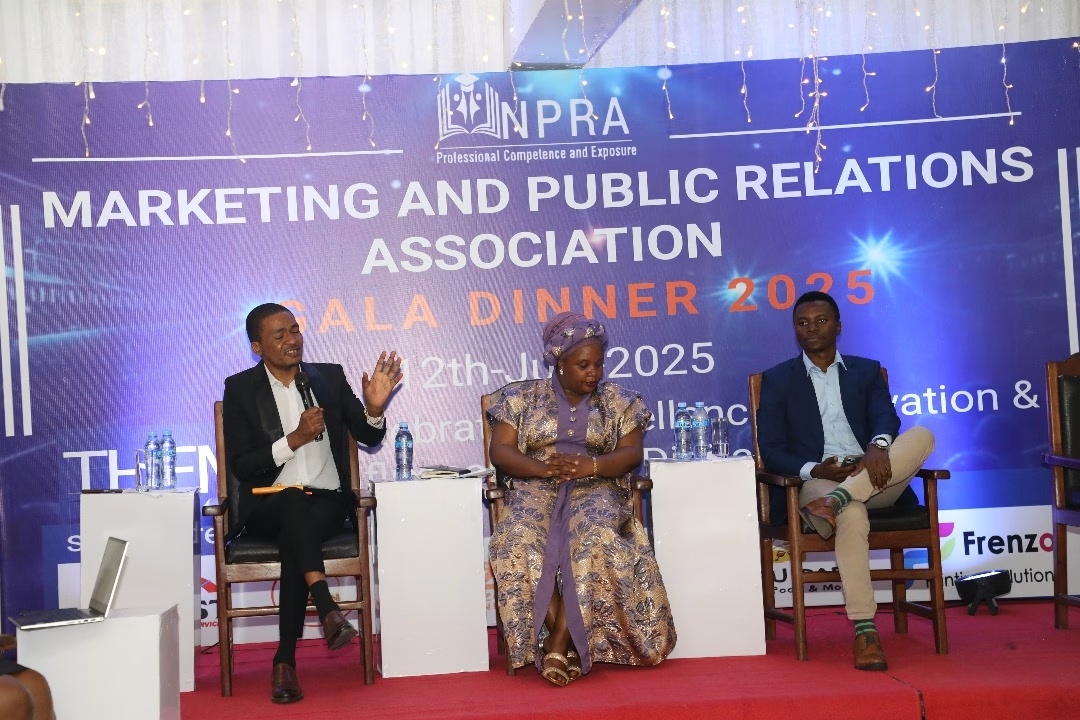
These associations play a pivotal role in fostering industry readiness. Through mentorship programs, career guidance events, workshops, and networking forums, they help students transition from theoretical learners to confident young professionals. These associations work closely with professional bodies such as the Public Relations Society of Tanzania (PRST) to offer career support and mentoring, often involving industry leaders to expose students to real-world best practices.
A Celebratory Milestone: NPRA Gala Dinner 2025
On 12th July 2025, the National Institute of Transport Public Relations Association (NPRA) hosted the Public Relations and Marketing Association Gala Dinner 2025, a landmark event themed: “Celebrating Excellence, Innovation & Influence in the Digital Era.” The gala was organized in honor of the graduating class of the Bachelor of Marketing and Public Relations (BMPR) and brought together over 300 attendees, including students, faculty members, alumni, and communications professionals from across the country.
As one of the invited panelists, I had the honor of contributing to a dynamic discussion focused on the evolution of the Public Relations and Marketing sectors, with particular emphasis on digital transformation, ethics, and the impact of artificial intelligence on strategic communication.
Leveraging AI for Strategic Communication
During the panel, I addressed the disruptive and transformative potential of Artificial Intelligence (AI) in Public Relations. I cautioned against viewing AI as a replacement for human communicators; rather, it should be embraced as a strategic ally. PR professionals must learn to integrate AI tools to enhance planning, message development, and delivery, without surrendering critical thinking and creativity. The future belongs to those who can use technology to elevate their communication efforts, not those who rely on it blindly.
“Don’t ask AI to do what you don’t understand. Instead, use AI to structure, organize, and professionalize what you already know.”
This mindset ensures that communicators maintain control over the messaging while benefiting from the efficiency and innovation that AI brings.
Ethics and Professional Standards in the Digital Age
Another focal point of the panel discussion was the importance of ethics and integrity in strategic communication. In the digital age, where messages can go viral within seconds, PR professionals must remain grounded in legal frameworks, institutional policies, and the professional codes of conduct provided by bodies like PRST. Ethical lapses not only damage reputations but also erode public trust in the profession as a whole.
I stressed that embracing ethical practices is not optional, it is a non-negotiable component of professional success. Upholding values like transparency, accountability, and legal compliance protects not just the organizations we represent, but also our own credibility and career trajectory.
Tackling the Challenge of Unqualified Practitioners
One of the pressing concerns within the communication sector is the rise of unqualified individuals, often labeled as “Kanjanja” or “Vishoka”, masquerading as PR professionals. These individuals not only dilute the value of the profession but also endanger the integrity of the entire industry.
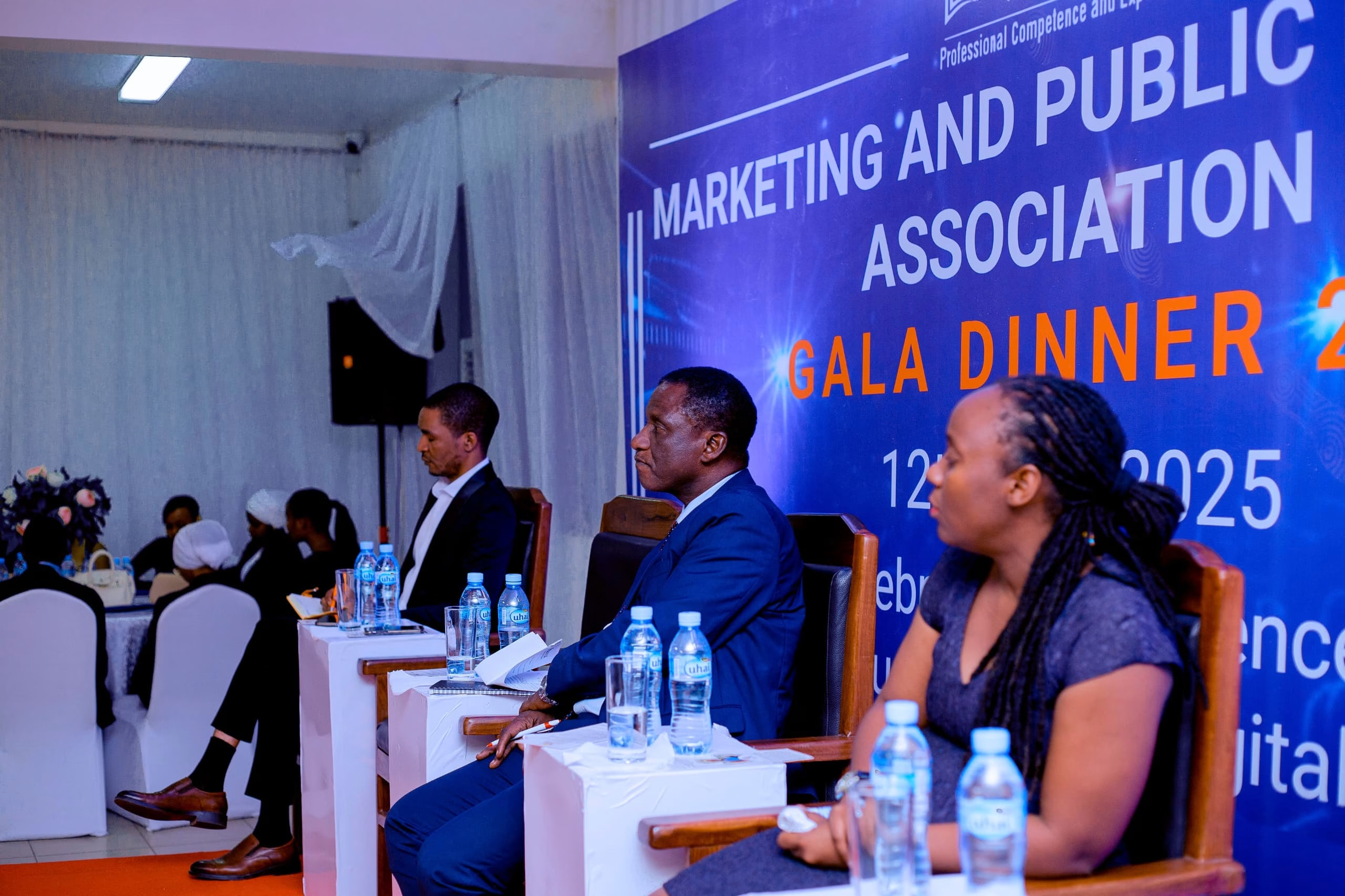
To address this, the Public Relations Society of Tanzania has taken a bold step by submitting the draft Public Relations and Communication Act and an accompanying Cabinet Paper to the Ministry of Information, Culture, Arts and Sports. This initiative seeks to establish the Public Relations Society of Tanzania Accreditation Board, which will provide legal recognition, accreditation, and protection for qualified practitioners in the country.
Such a legal framework will ensure that only trained, ethical, and competent professionals can operate under the title of Public Relations or Communications expert, safeguarding the industry’s future.
Student professional associations are proving to be powerful incubators for the next generation of Tanzanian communication professionals. By providing mentorship, practical exposure, and access to expert-led engagements, these associations are playing a transformative role in shaping career-ready graduates.
Supported by institutions and professional bodies like PRST, these young associations are helping to foster a culture of excellence, innovation, and integrity, one student at a time.
As Tanzania continues to invest in a knowledge-based economy, empowering student-led initiatives will be key to cultivating a strong, ethical, and future-ready Public Relations and Communication industry.

